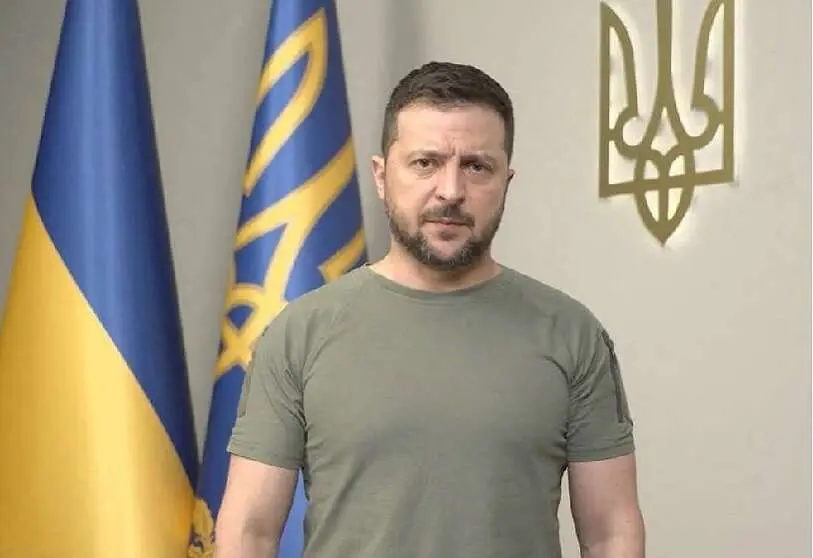Zelensky opens the Munich Security Conference

Numerous world leaders are preparing for yet another year's Munich Security Conference. This year's event will, as expected, be marked by the ongoing Russian invasion of Ukraine and its consequences almost a year after it began.
This high level meeting, which will bring together representatives from 96 countries, aims to analyse and propose solutions to the main defence and security challenges.
Participants include US Vice President Kamala Harris, French President Emmanuel Macron, British Prime Minister Rishi Sunak, German Chancellor Olaf Sholz, European Commission President Ursula von der Leyen, European Council President Charles Michel, and International Monetary Fund Managing Director Kristalina Georgieva.
I'm going to #MSC2023 with 3 messages:
— Kaja Kallas (@kajakallas) February 17, 2023
Ukraine must win and the aggressor must be defeated.
No Russian crime against Ukraine must go unpunished.
Grey areas in European security create instability and lead to war - they must become a thing of the past.https://t.co/VBAm8qQ1if pic.twitter.com/7T2cYnzTXe
Ukrainian leader Volodimir Zelensky is also scheduled to address the opening of the summit, as he did last year, just days before Russia's brutal crackdown on his country began.
Zelensky's speech will be followed by a speech by Scholz and another by Macron to officially kick off the event. However, a number of debates and roundtable discussions on the main themes of the conference are already taking place in the morning.
? Now live: The first Townhall of #MSC2023
— Munich Security Conference (@MunSecConf) February 17, 2023
"Recalibrating the Compass: South-North Cooperation"
Speakers: @eucopresident, @NAkufoAddo, @Kgeorgieva, and @BillGates https://t.co/LwK1zIuQAh
Russia, for the first time in more than 20 years, will not participate in the summit, as confirmed by Christoph Heusgen, who will chair the event for the first time. The German diplomat and former foreign policy advisor to Angela Merkel has chosen not to invite the Russian delegation in order to prevent Vladimir Putin's government from having a space to "spread its propaganda", as he pointed out during an interview with Ukrinform. However, despite not inviting Russian officials, the conference will include Russian voices from civil society.
Representatives of the Islamic Republic of Iran - but of the opposition - and members of Germany's far-right Alternative for Germany party will also be absent. In contrast, China's chief diplomat Wang Yi will attend the summit despite recent tensions between China and the US over spy balloons.
H.I.M @PahlaviReza set to become the first Iranian legitimate opposition to speak before Munich Security Conference in Munich, Germany. Millions of good people of #Iran are tuned to @MunSecConf #MahsaAmini pic.twitter.com/bHLXFqRbVr
— S.AFSHAR (@MonarchyLondon) February 17, 2023
In addition to the war in Ukraine, Scholz and Macron will discuss the conflict between Serbia and Kosovo. The two leaders will also meet with Polish President Andrzej Duda in the framework of the Weimar Triangle.
At the Munich conference, all eyes will be on Ukraine, which in just over a week's time will be a year at war. In recent days Moscow has launched major attacks on several Ukrainian cities and energy infrastructure. Bakhmut remains one of the hardest hit by the fighting and the Russian offensive.
CNN published a video of a Russian missile hitting a car of foreign volunteers in #Bakhmut on February 2. pic.twitter.com/ur8Ssw8EvA
— NEXTA (@nexta_tv) February 16, 2023
Outside, Kiev's allies continue to show their commitment and are preparing to send more weapons. On the other hand, next week a UN resolution will be voted on to call for a ceasefire and a lasting peace between Russia and Ukraine that ensures Kiev's territorial sovereignty.








